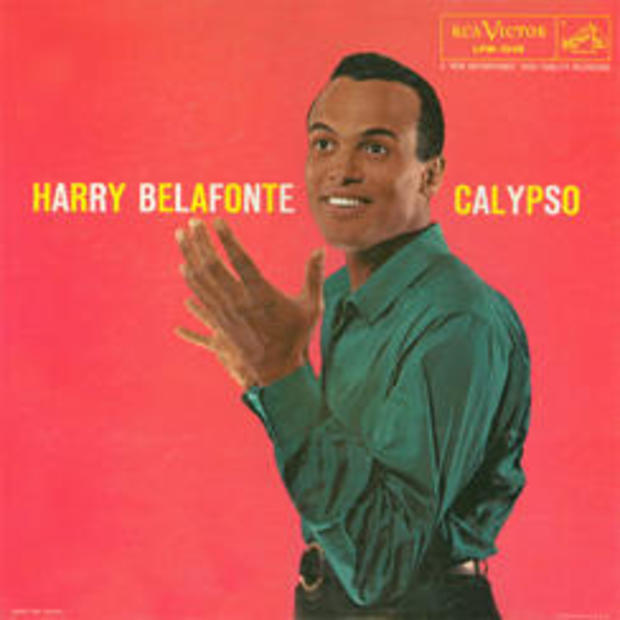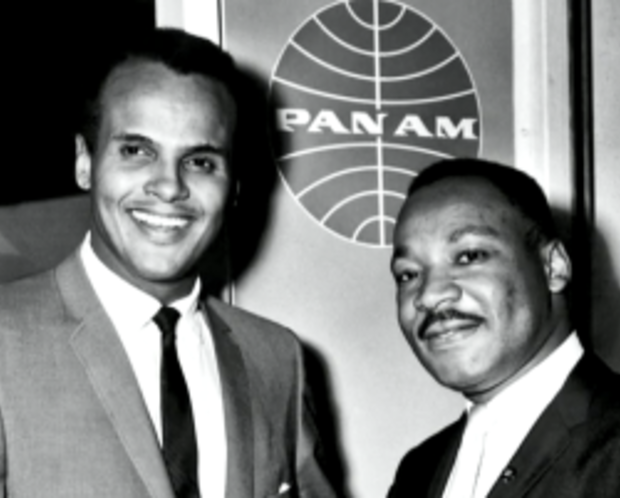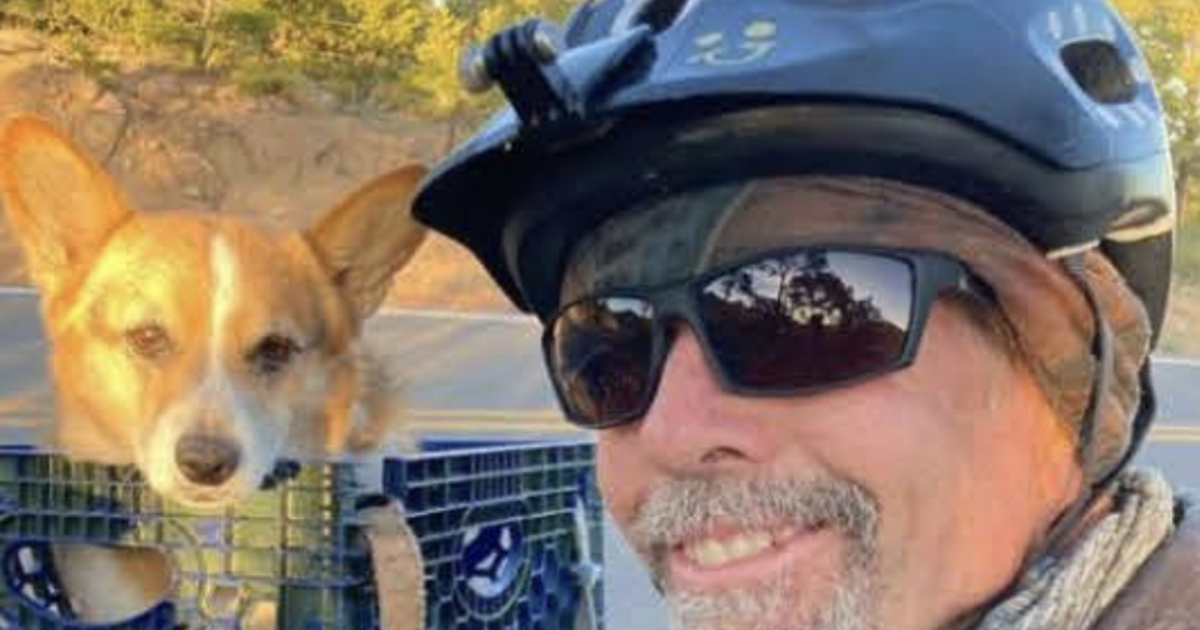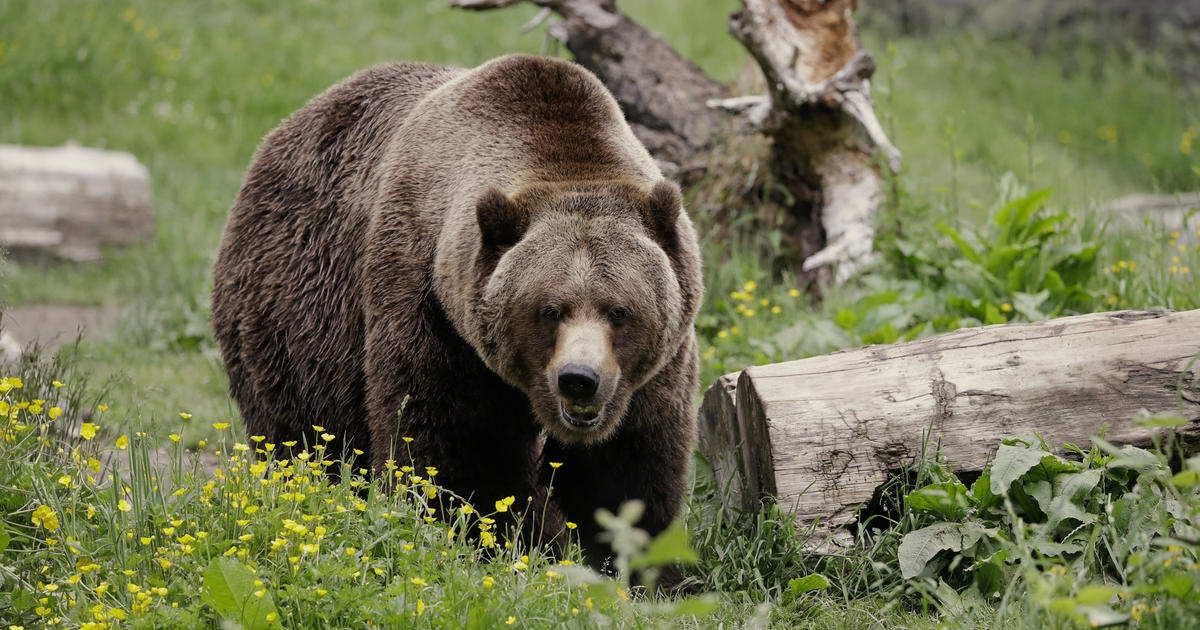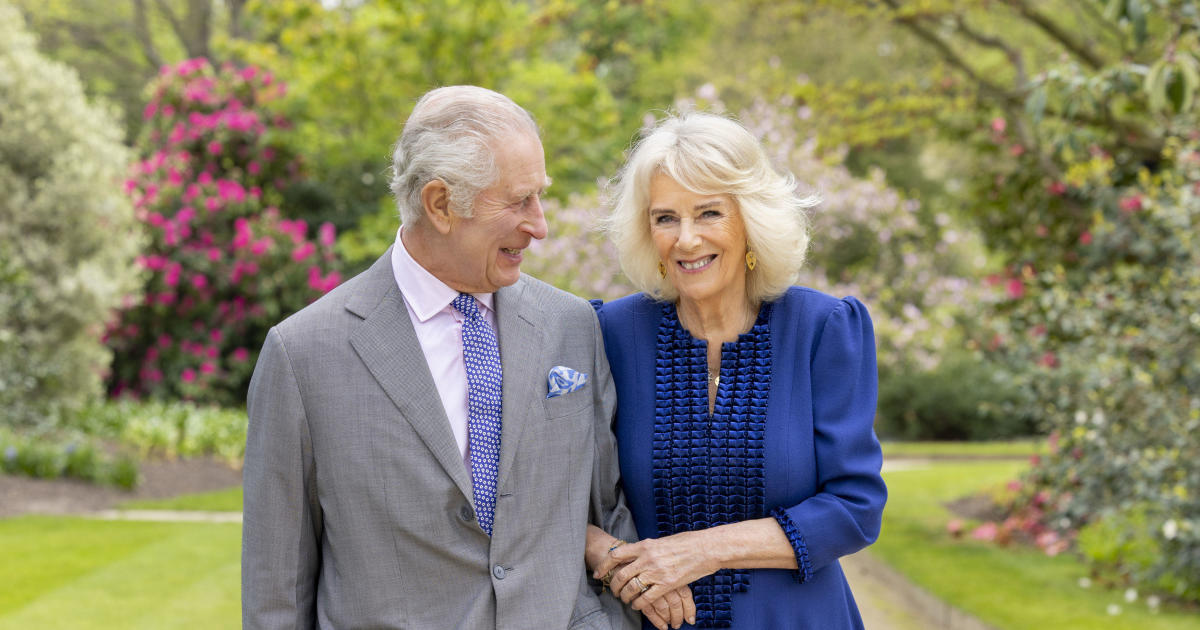Harry Belafonte on his inspirations, activism, and confronting racism
Even before Harry Belafonte won global fame as a performer, he saw himself as part of a grand tradition of artists who use their voices for change. His role model was Paul Robeson, the singer, actor and activist whose career was derailed by McCarthyism.
This week, the National Recording Registry of the Library of Congress honored Belafonte by selecting his 1956 album "Calypso" for permanent preservation.
CBS News' Vladimir Duthiers sat down with Belafonte, who drew a direct line from his years traveling the world with Dr. Martin Luther King Jr., back to something Robeson told him when he was just starting out.
Harry Belafonte: "He said, artists are the gatekeepers of truth. He said only through the world of the arts do we know who and what we are in the history of civilization. Long before historians. Long before people ascribe themselves as the caretakers of life and culture. The song did that, and in the black community, it was our primary tool of communication. So I saw the song as having something far more than something to delight audiences and people could dance and sing. It had content, and I began to see this content of black protest music."
Vladimir Duthiers: "It strikes me that you are willing to risk everything for your beliefs, and I wonder if – did you ever think about that, that you were risking it all? Somebody could say, you know, you have a record contract, you have a movie contract and if you, if you make the studio look bad, if you make RCA look bad, it could all go away."
Belafonte: "What happened was quite the contrary. I didn't make anything look bad, I made everything look great. So that even when the industry, films and everything abandoned me because my politics got in the way, I had an attitude, and I just said, I have a constituency without you, and the constituency gave me a sense of power."
Duthiers: "You've been talking about Dr. King. What specific impact did he have on you when you first met him, and you watched him and you followed him around the country?"
Belafonte: "When I went and heard him speak, I was blown away. This guy was 24. I was 26. His moral sense was quite keen, and it drove his politics. Once he'd hit that stride, and that was going to be his base. He then began to reach out and become far more open to ideas and things. The more he relied on us, the more we found comfort supplying with whatever resources. Mine was to run my mouth and be propaganda. In following Martin, the path was very clear. What we were achieving was very obvious, and the more we saw achievement, the more we were enabled."
Duthiers: "Often times in his speeches, Dr. King said the arc of the moral universe is long, but it bends towards justice. Where are we as a society in that arc?"
Belafonte: "Where we've always been."
Duthiers: "Which is?"
Belafonte: "Consumed by racism. Consumed by the greatest single fault in the cultural DNA of America. I realized early on that beyond my art and my other sets of platforms, nothing was ever going to remove me from the permanent struggle of race. Because America, in the beginning, they killed you with the Ku Klux Klan. Now they have cops in the streets of New York shooting down our kids with impunity. Bobby Kennedy got in on all of this, and he became a force with Dr. King, and had those men survived, we would be in a very different place. But they didn't. But they left us this legacy, and I will be a part of that legacy until the day I die."
In the video below, Belafonte talks about how his album "Calypso" and its most iconic song came to be:
